" Agricultural restructuring is on the right track"
Implementing the Party's policy at the 11th National Congress on "promoting economic restructuring, transforming the growth model, considering quality, productivity, efficiency, and competitiveness as top priorities, focusing on in-depth development...", the Prime Minister approved the Project on restructuring the agricultural sector towards increasing added value and sustainable development (Decision No. 899-QD/TTg dated June 10, 2013), followed by the Plan on restructuring the agricultural sector for the period 2021 - 2025 (Decision No. 255-QD/TTg dated February 25, 2021).
Looking back at the restructuring process of the agricultural sector, "despite remaining shortcomings, the restructuring process has gone in the right direction," former Minister of Agriculture and Rural Development Cao Duc Phat commented.
Specifically, the restructuring process has brought about positive results, preventing the decline, restoring higher growth rates, and consolidating sustainable development factors of the agricultural sector on all three pillars: economy, society, and environment; agriculture plays a role as a support for the economy, especially in times of economic difficulty.
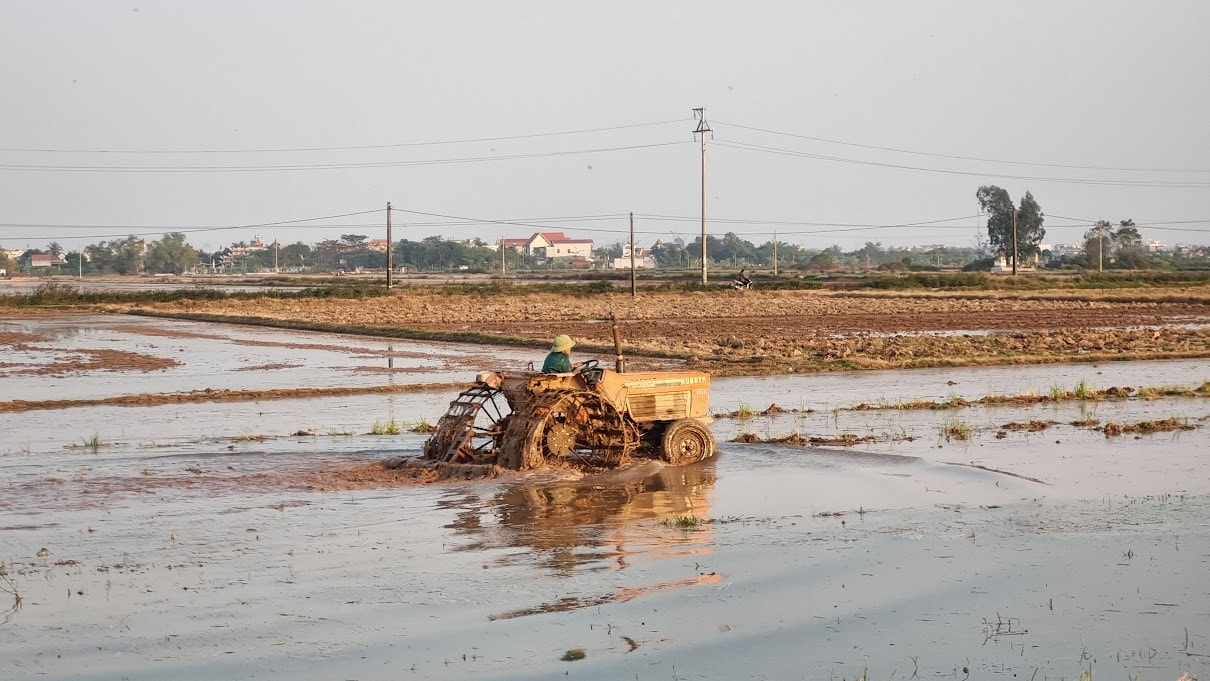
Economically, the industry structure has shifted towards developing crops, livestock, and products with advantages and high value, combining the application of science and technology to increase productivity, quality, and reduce production costs; developing processing and trade to increase added value. Thanks to that, the GDP growth rate of agriculture, forestry, and fishery has overcome the period of decline and recovered the average growth rate of 5 years over 3.5%/year. Production not only meets the abundant domestic demand for food and foodstuffs, firmly ensuring national food security, but also promotes the export of agriculture, forestry, and fishery products.
By 2024, the total export turnover of agricultural, forestry and fishery products will increase by more than 3 times compared to 2010. Many products have affirmed their high position in the international market such as: rice, rubber, coffee, pepper, cashew nuts, vegetables, shrimp, tra fish and wooden products. Notably, Vietnam not only reduces the export of raw or semi-processed materials but also imports, deeply processes, and increases the added value of many types of agricultural products, especially cashew nuts and wooden products.
In terms of society, the agricultural sector structure has actively contributed to poverty reduction, continuously increasing the income of rural residents. In 2024, the average income of rural residents increased 5.9 times compared to 2008, exceeding the combined targets for both periods 2011 - 2020 and 2021 - 2025. If excluding inflation, the real income of rural residents still increased 2.7 times. The poverty rate in rural areas has decreased from 17.4% in 2010 to 3.5% in 2024.
Regarding the environment, forests are better protected, forest cover has increased, reaching about 42%. Natural forest reserves have been restored. The area and output of planted forests have increased rapidly, both meeting domestic wood demand and providing raw materials for export processing. Although our country has stopped exploiting natural forests, wood output in 2024 will reach 23.3 million cubic meters, 3.8 times higher than in 2010. Forests have also become a major source of carbon absorption, reaching about 612 million tons of CO2e in 2021, of which about 80% is from natural forests...
Restructuring the agricultural sector is a component of the overall restructuring of the national economy, in line with the country's socio-economic development strategy and plan; this is also an essential requirement for sustainable development.
Policy mechanisms need to pave the way for science and technology.
Entering a new phase, the agricultural sector is facing many opportunities and challenges. The impact of climate change is becoming increasingly evident. Achieving the Net Zero target by 2050 requires great efforts. Vietnam has almost exhausted its agricultural land capacity, and the area of rice fields is decreasing rapidly. The process of industrialization and urbanization is both taking away land and attracting a large number of young workers from agriculture. The rapid development of science and technology is opening up many new opportunities to carry out a new revolution in agriculture.
In that context, "the agricultural sector has no other way but to quickly seize opportunities, master and apply science and technology, improve competitiveness, and continue to expand international market share," said Mr. Cao Duc Phat.
For the agricultural sector to develop successfully, according to him, first of all, there needs to be a revolutionary change in the thinking and awareness of the parties involved. Policy mechanisms must be changed first, paving the way for new science and technology to develop and soon enter life, so that farmers, businessmen, especially young people and women can find favorable careers in agriculture and rural areas.
“The overarching goal of agricultural development will still be to improve efficiency and sustainability, but it needs to be achieved at a higher level so that agriculture and farmers can contribute appropriately to the strong rise of the country and the nation, and to realize the goals set by the Party. To achieve that goal, many strong solutions are needed, especially through mastering and quickly taking advantage of new opportunities brought about by science and technology,” former Minister Cao Duc Phat shared.
Regarding the future orientation, Minister of Agriculture and Environment Tran Duc Thang said that the sector has identified the guiding ideology as: solidarity - democracy - discipline - breakthrough - development. On the basis of a comprehensive governance system, agriculture and the environment will become a harmoniously operating ecosystem, where all resources are unleashed, all policies are directed towards people and nature, and all actions are for the green future of the country.
One of the tasks that the industry needs to focus on is: continuing to restructure the agricultural sector effectively and sustainably, building a green, ecological, and circular agriculture. Developing large commodity production areas with high quality and added value, associated with deep processing and building product brands; promoting the application of science, technology, and digital transformation in agriculture. In addition, developing forms of organization and production and business linkages in agriculture; expanding agricultural export markets, building product consumption chains, and national agricultural product brands.
Source: https://daibieunhandan.vn/tai-co-cau-nganh-nong-nghiep-tiep-tuc-la-nhiem-vu-uu-tien-10396746.html








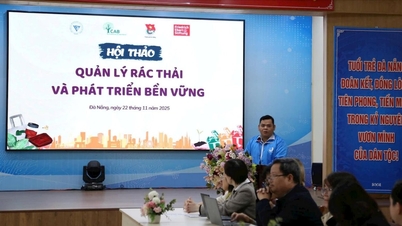

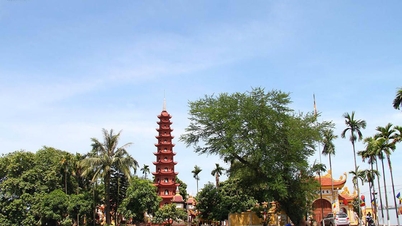

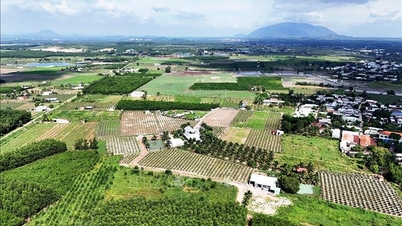

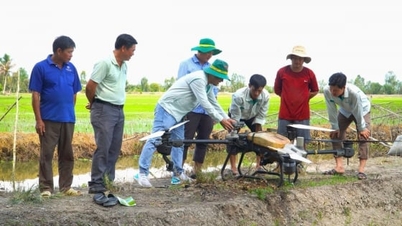

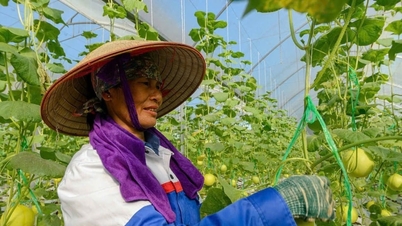
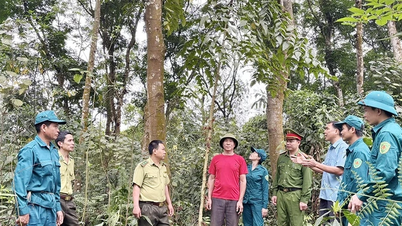

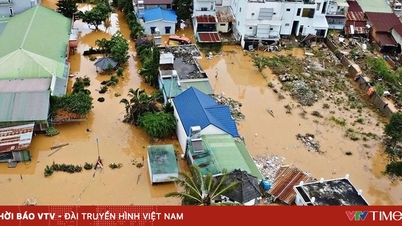

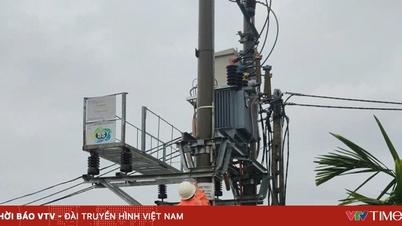
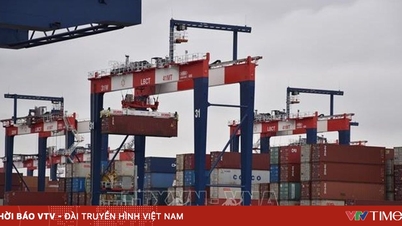
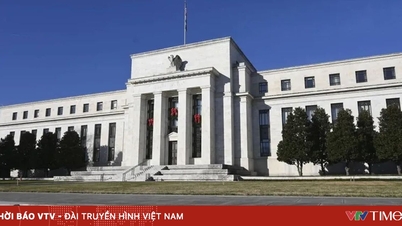
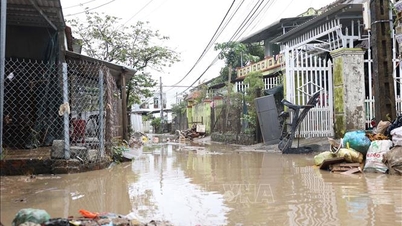
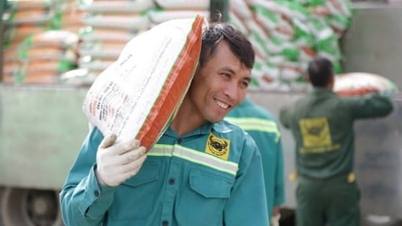






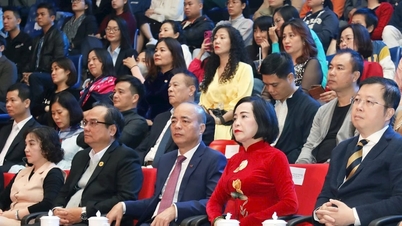
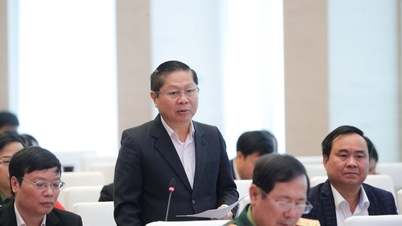
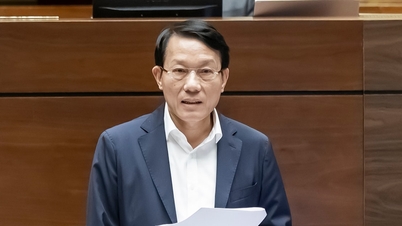
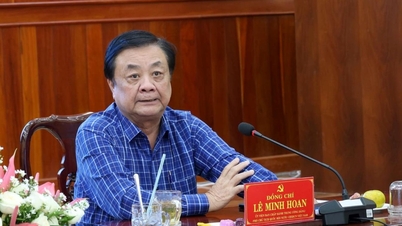
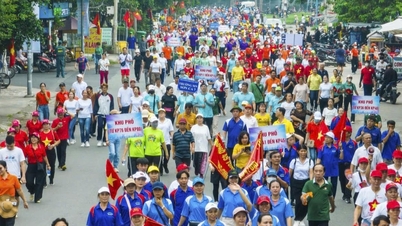











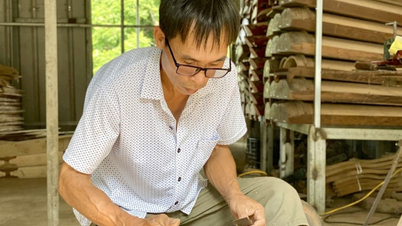







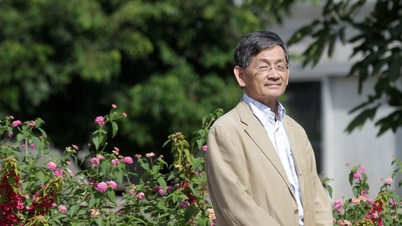


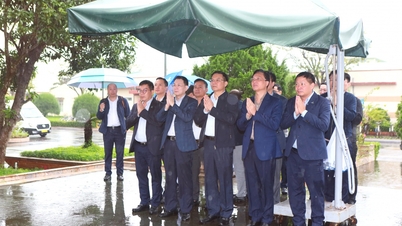
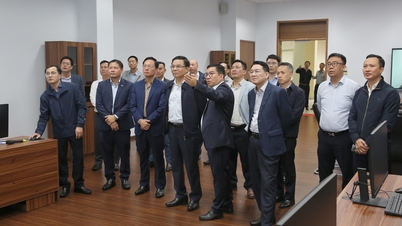











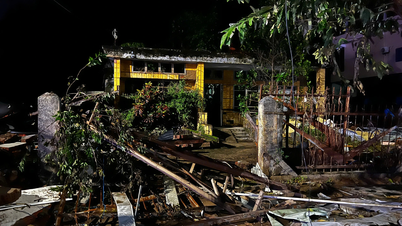



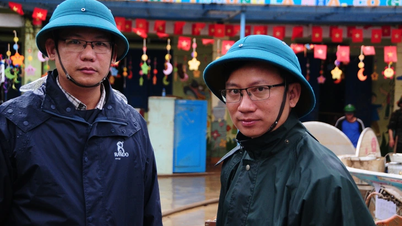
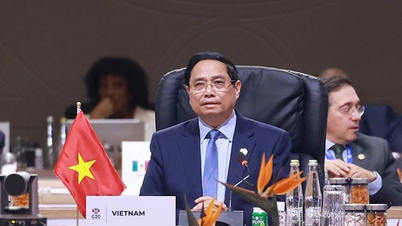

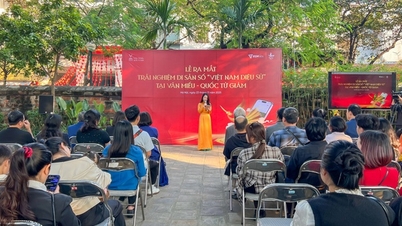


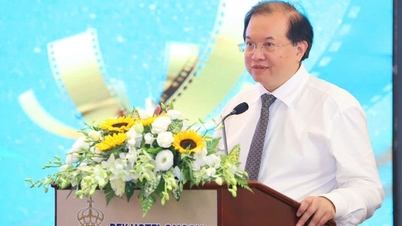
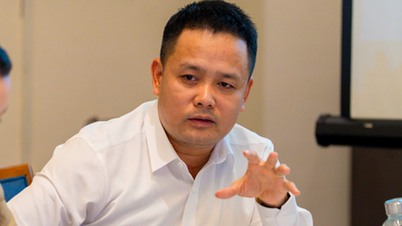





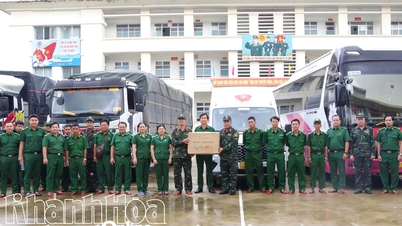


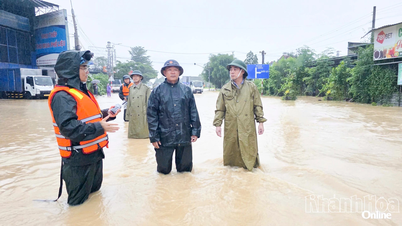










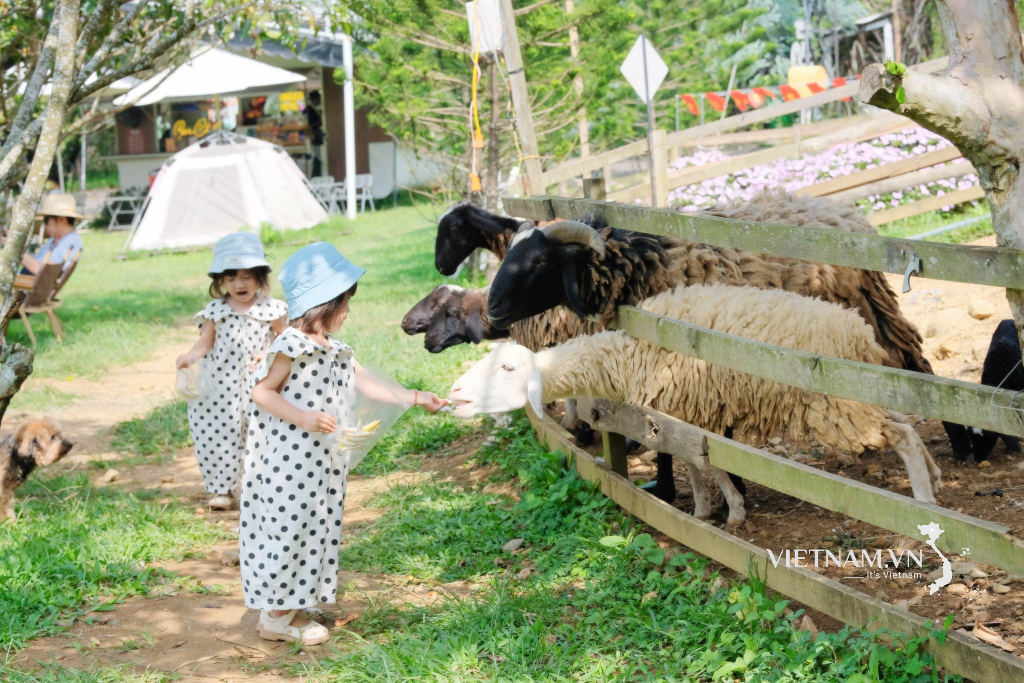



Comment (0)